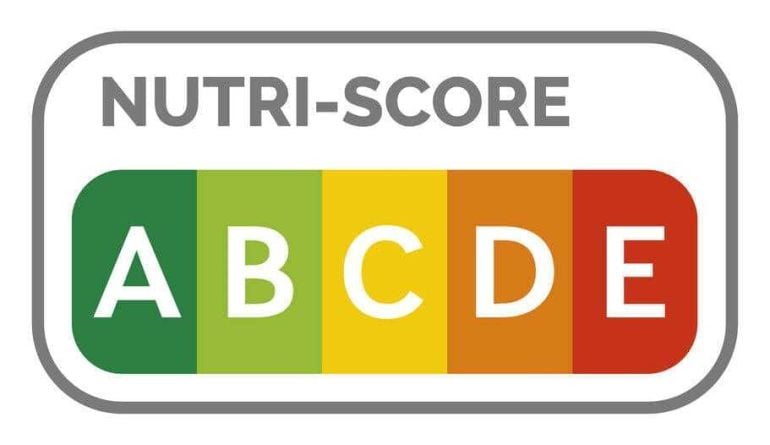Labeling Systems Like Nutri-Score Could Save Lives, Researchers Say
Researchers across Europe demonstrated that consuming foods with a higher nutrient profiling score was associated with an increased mortality.
 Photo: Red Burn
Photo: Red BurnNew research published in the British Medical Journal shows that food labeling systems based on the FSAm-NPS could lead to healthier food choices and potentially reduce overall mortality rates, with data collected from a large population sample supporting this conclusion. The study, involving over half a million adults from 10 countries, found that consuming foods with a higher FSAm-NPS score was associated with a higher risk of mortality, emphasizing the importance of implementing a common front-of-pack labeling system like Nutri-Score in the European Union.
There is a clear link between food profiling systems and healthier food choices, according to new research published in the British Medical Journal.
Using data collected from a large population sample, the researchers demonstrated that adopting food labeling systems based on the Food Standards Agency nutrient profiling system (FSAm-NPS) could have an effect on overall mortality.
The consumption of food which does not get good grades for its nutritional quality by Nutri-Score is associated with higher mortality.
Since the French-born Nutri-Score front-of-pack (FOP) labeling system is derived from the FSAm-NPS, researchers believe that their results should be considered by the European Union while it is in the process of choosing a common FOP system for its member states.
Serge Hercberg, the creator of Nutri-Score, was one of 55 researchers involved in the study.
See Also:Italy Reiterates Opposition to Nutri-Score LabelBy using the data collected in 10 different countries by the European Prospective Investigation into Cancer and Nutrition (EPIC) study, the scientists concluded that “consuming foods with a higher FSAm-NPS score (lower nutritional quality) was associated with a higher mortality for all causes and for cancer and diseases of the circulatory, respiratory and digestive systems.”
EPIC is a massive cohort study, involving more than 521,000 adults whose health was followed for more than 17 years. Scientists determined that the data of more than half a million adults collected for cancer and nutritional research could be specifically examined to test the impact on mortality of their food choices.
A score was calculated for every 100 grams of food, which took into consideration the amount of sugars, saturated fatty acids, sodium, energy, fiber and protein in the food. The type of food (i.e. fruits, vegetables, legumes or nuts) also had an impact on the score.
The dietary index was then calculated for each participant for all foods consumed. The higher the score, the lower the overall nutritional quality of the diet.
Of the 501,594 adults considered, those with the higher score showed an increased risk of mortality. They scored an average of 760 in the FSAm-NPS dietary index, while those whose choices were healthier scored 661.
In a note commenting on the results, Hercberg, who is also a professor of nutritional epidemiology at Sorbonne Paris Nord University, said that the “results were largely unchanged after further analysis, suggesting that the findings withstand scrutiny.”

Critics of Nutri-Score argue that the system is too simplistic and does not take all of a food’s nutritional qualities into account.
For example, Italian opponents argue that extra virgin olive oil — one of the keystone ingredients of the Mediterranean diet – receives a ‘C’ from Nutri-Score, lower than other cooking oils since its antioxidant and polyphenol content are not taken into account by the algorithm.
However, Pilar Galan, a nutritional and epidemiological researcher at the Université Paris 13, rebuffed this argument in a tweet and said “the consumption of food which does not get good grades for its nutritional quality by Nutri-Score is associated with higher mortality.”
She also emphasized the relevance of the results due to the many socio-demographic factors taken into account and their impact on the lifestyle of the participants.
The authors concluded that their study supports “the relevance of FSAm-NPS to characterize healthier food choices in the context of public health policies (eg, Nutri-Score) for European populations.”
“This is important considering ongoing discussions about the potential implementation of a unique nutrition labelling system at the European Union level,” the authors concluded.









